“I think it’s dodgy to do something like that, to be someone’s friend, and then buy the rug they’re standing on”: How a shrewd power move from Michael Jackson permanently dented his friendship with Paul McCartney
Once friends and collaborators, Michael Jackson’s seizure of the Beatles’ publishing rights from Paul would distance the music heavyweights
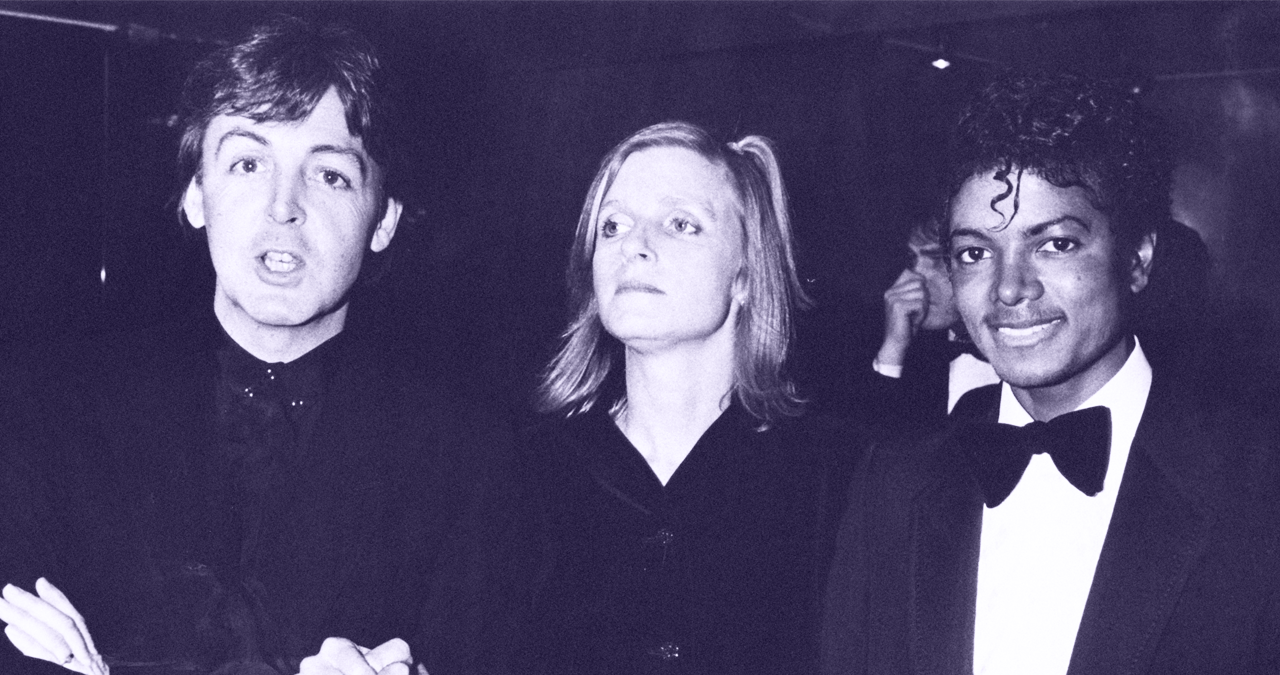
1982's Thriller made Michael Jackson the biggest pop star the Earth had ever seen - and with that stature came a colossal amount of financial clout. But it was when Jackson annexed the publishing rights of his heroes, the Beatles from the clutches of his then-friend Paul McCartney that the true extent of Jackson's ruthless business acumen was revealed.
Jackson, a Beatles aficionado since childhood, had leapt at the chance to befriend Paul McCartney, with whom he’d embarked on a number of major collaborations.
From Thriller’s lead single, The Girl is Mine to McCartney’s Pipes of Peace standout, chart-topping hit, Say, Say, Say and album cut, The Man, Michael and Paul’s collaborations seemed, to all exterior observers, reflective of a conscious passing of the baton.
Here was one of the very architects of popular music’s cultural impact, whole-heartedly endorsing the talents of the 1980’s ascending pop demigod.
Yet the pair’s relationship would fracture, quite dramatically, following some canny business manoeuvring.
As Paul and MJ worked and hung out together in the studio, the former Beatle - who'd had one or two industry scrapes in his time - was keen on imparting as much wisdom as he could to help steer the future ‘king of pop’ into a more solid financial footing than he had.
McCartney shared his experiences of navigating a rights-hungry commercial landscape, tutoring (what he assumed was) his young junior.
In the studio, Paul told Michael of the long-tail profits of owning a song's publishing rights, and the rich rewards of earning ongoing passive income whenever songs were played or recorded.
Jackson keenly engaged with his mentor. But Michael - who at that point had already skilfully angled to receive two dollars in royalties for every copy of Thriller sold - was much more financially astute that McCartney realised.
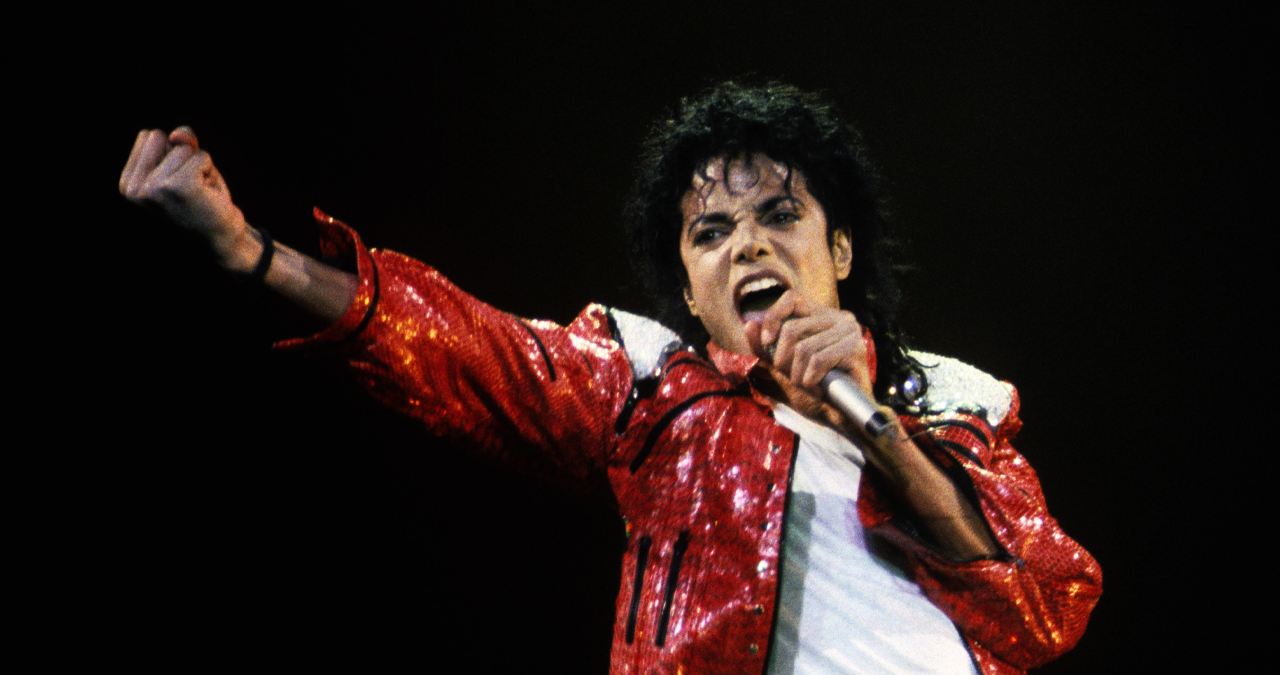
Paul recalled telling Jackson of how, back in 1969, he and John Lennon had lost their stake in their own publishing company Northern Songs after failing to fully acquire it.
The songwriters begrudgingly sold their shares over to other major shareholder Associated Television (ATV). They had sadly surrendered their ownership of the publishing rights to their canon of globally-beloved songs.
It was a major miscalculation, and one which Paul deeply regretted.
Subsequently, Paul had attempted to rectify this tactical gaffe by becoming a keen collector of a range of publishing rights, including those of his own idol, Buddy Holly.
Want all the hottest music and gear news, reviews, deals, features and more, direct to your inbox? Sign up here.
“When we first came down from Liverpool, we didn’t think songs could be owned, me and John - we just thought they were in the sky,” Paul said of the Beatles’ commercial naivety in a 1989 interview. “Very early on we got managed very well into a little situation, so it meant that the lion’s share of whatever songs we did got taken by someone else.”
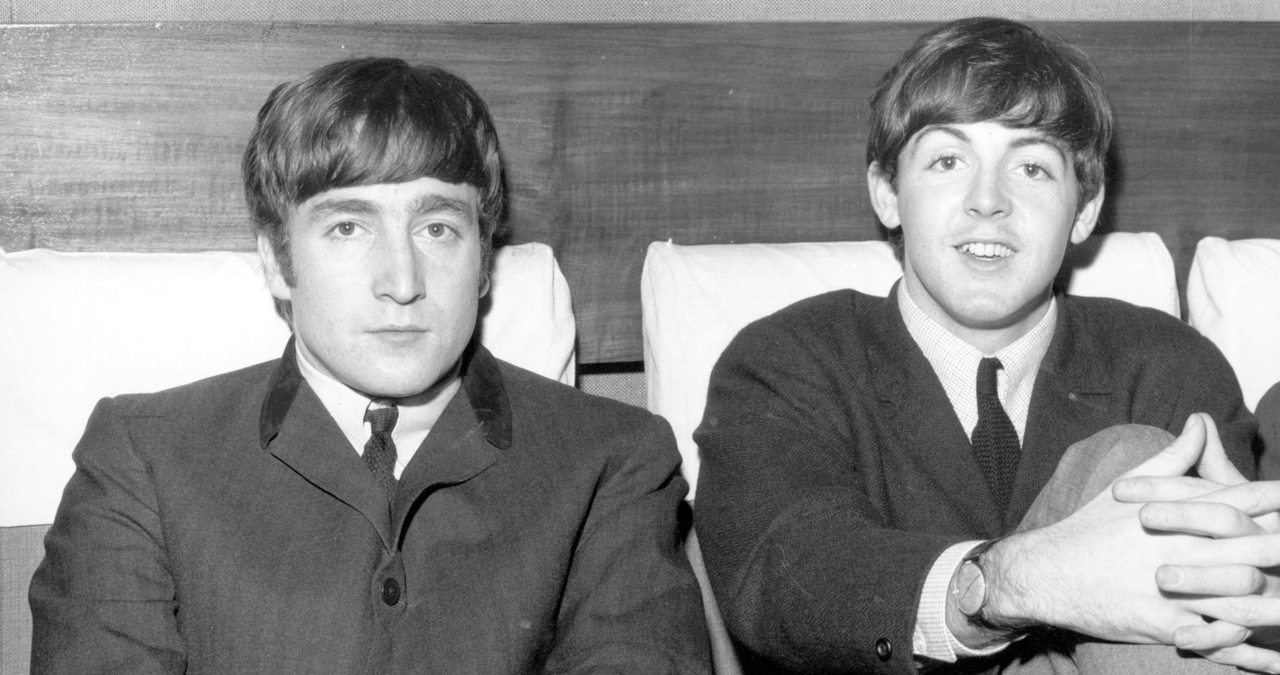
Michael's interest was piqued.
With money to burn on the back of Thriller's unprecedented sales, Jackson jibed at McCartney - who was then keen on acquiring back his rights as ATV Music was set to sell up, putting the cherished catalogue up for auction.
“I suppose Michael knew I was trying to get control of them, and I kind of thought he was joking,” Paul remembered. “He’d say, ‘I’m gonna get your songs you know, I’m gonna buy your songs’ - I thought it was a joke.”
But MJ wasn’t kidding around.
Paul scrabbled to build a sizeable sum to purchase back his long-missed rights over his own self-penned songs, even reaching out to a reluctant Yoko Ono (representing the John Lennon estate) to join him in his endeavours. Ono ultimately decided to not join McCartney, leaving him to bid alone.
Meanwhile, Jackson calculated behind the scenes to get in there first.
After a bit of back-and-forth, ATV finally yielded to an offer of $47.5 million from the cash-rich Jackson and his team, headed by wily lawyer John Branca. They handed over the rights to 251 Beatles songs (amongst some 4,000 other tracks) to the superstar. McCartney was stunned by the play.
Jackson wasn’t just gracefully accepting the baton - he was violently seizing it. It was an act of financial conquest that saw him land the rights to the entire Beatles catalogue.
Paul was gutted, both on a professional level and a personal one, too. He later stated "I think it’s dodgy to do something like that. To be someone’s friend, and then buy the rug they’re standing on.” Although Branca later claimed that McCartney was consulted prior to the purchase, the lack of consideration for Paul in the new rights dynamic was enough to push Jackson and McCartney apart.
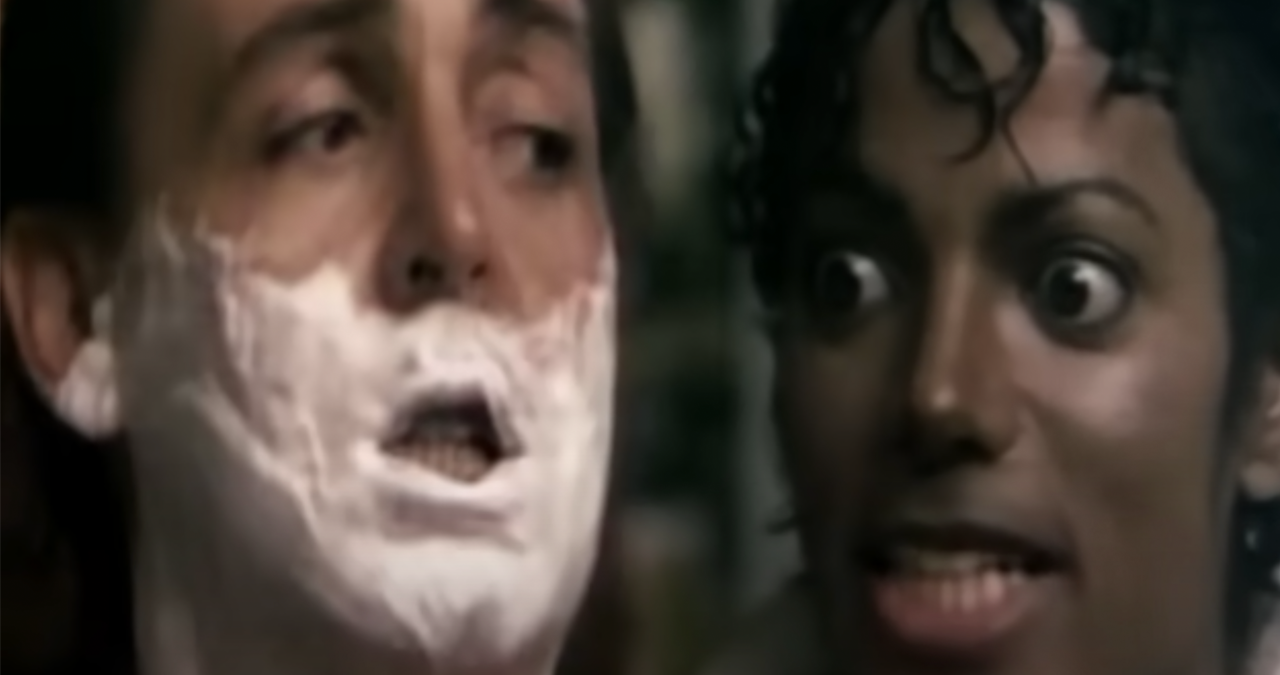
The animosity grew further when Jackson green-lit the use of Revolution in a Nike advert, and thus the general principle of using Beatles songs in commercials in general. This was something for which Paul was deeply opposed.
Paul would tell David Letterman in 2009 of how, as the years rolled on, he had attempted to connect to Jackson on a personal level and reach a deal, but was unsuccessful.
“I wrote a couple of letters and I said, ‘Michael, don’t you think that after 30 years of being successful to this company you now own, don’t you think I could have a raise?’”
Michael’s response: “Oh Paul, that’s just business.”
A decade on from the purchase, and Michael agreed to a joint ownership of the Beatles' catalogue with Sony Music, providing them with 50% of ATV’s catalogue, and 50% of the Beatles’ canon for a reported $95 million. This merger marked the birth of the hyper-succesful Sony/ATV Music Publishing.
As Jackson’s financial fortunes started to turn toward the red in the mid-2000s, he was forced to sell a further 25% of his shares to Sony, with the remaining rights going over to Sony following Michael’s untimely death in 2009, fully absorbing the entire stake from the Jackson estate for a reported $750 million in 2016.
At this point, just the Beatles portion of the catalogue alone was conservatively estimated to be equivalent to $1 billion - an oceanic uptick from that initial $47.5 million offer which secured Jackson the rights to ATV’s entire roster.
This new, more straightforward situation allowed Paul to appeal directly to Sony/ATV, and finally lay claim to what was morally his.
Following a complex court tussle, the two parties settled in 2017 and Paul could finally let it be and enjoy (some) of the spoils of his seismic contribution to music history.
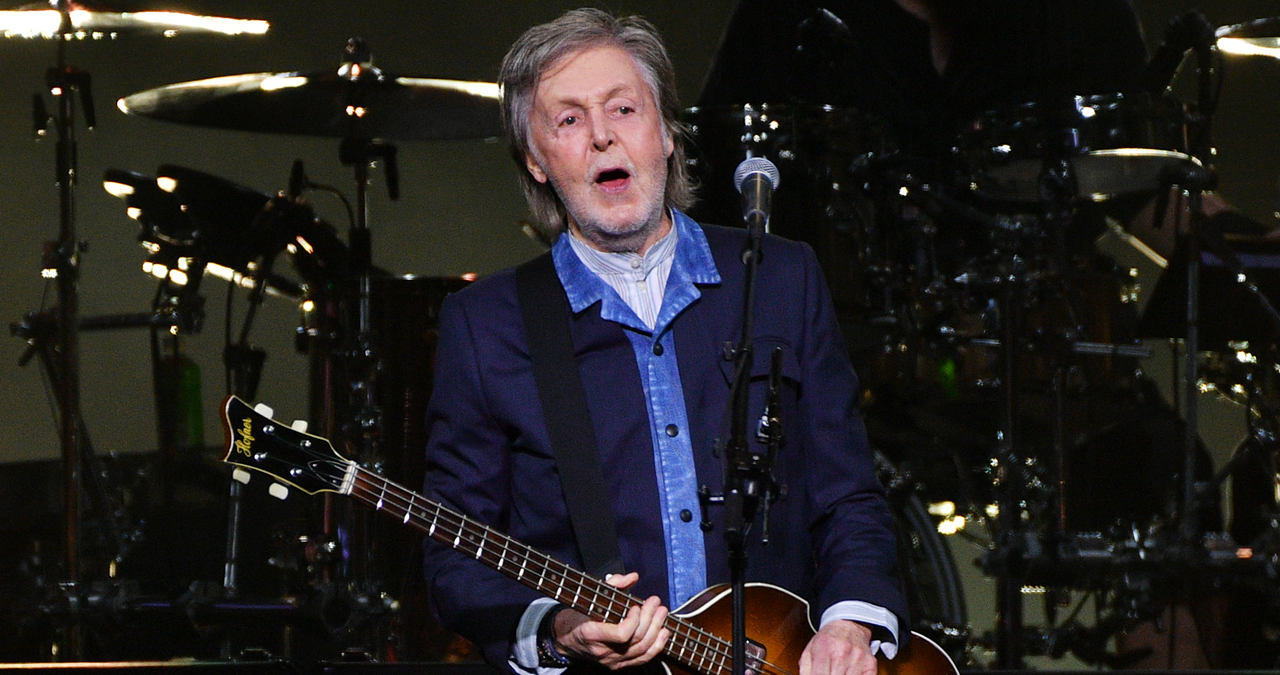
Despite a later life of being mired in controversy of a different sort, McCartney’s attitude towards Michael Jackson certainly seemed to calm following the former king of pop’s death in 2009.
“I feel privileged to have hung out and worked with Michael,” McCartney stated following MJ’s death. “He was a massively talented boy man with a gentle soul. His music will be remembered forever and my memories of our time together will be happy ones.”
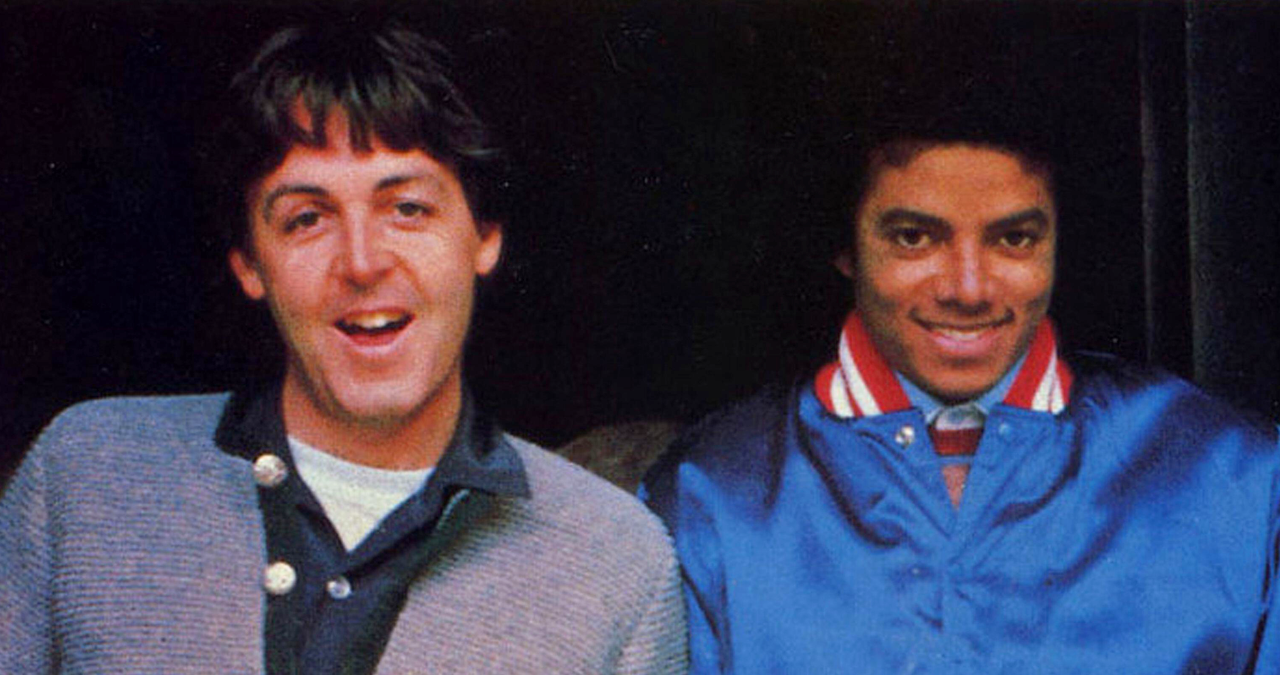

I'm Andy, the Music-Making Ed here at MusicRadar. My work explores both the inner-workings of how music is made, and frequently digs into the history and development of popular music.
Previously the editor of Computer Music, my career has included editing MusicTech magazine and website and writing about music-making and listening for titles such as NME, Classic Pop, Audio Media International, Guitar.com and Uncut.
When I'm not writing about music, I'm making it. I release tracks under the name ALP.
You must confirm your public display name before commenting
Please logout and then login again, you will then be prompted to enter your display name.